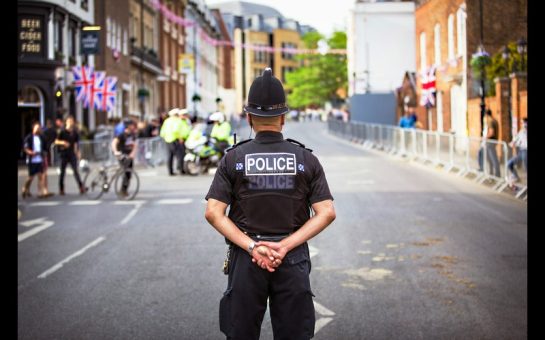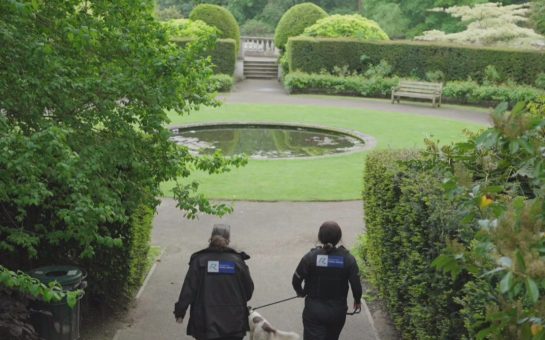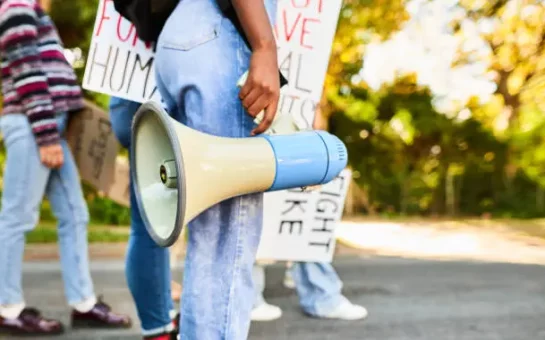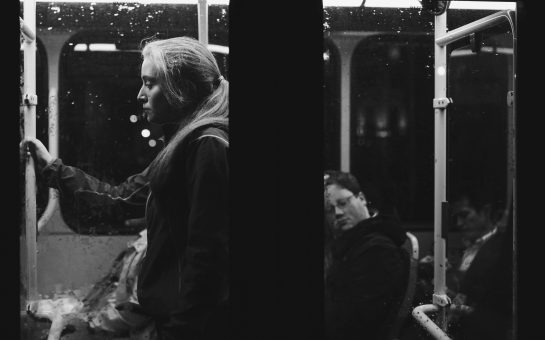By Danielle Manning
February 14 2020, 17.45
Follow @SW_Londoner
The Met Police has called for all schools in London to sign a charter pledging to protect children from FGM and other forms of abuse.
The call came alongside new Met Police guidance for schools and colleges on spotting signs of abuse in children including female genital mutilation (FGM), breast ironing, witchcraft and spirit possession, and forced marriages.
Speaking on International Day of Zero Tolerance of FGM last week Inspector Allen Davis described the barriers faced by professionals in protecting children from FGM.
He said: “It happens young in a person’s life and they don’t always recognise that what’s happened to them is FGM.
“It might be done when they are a baby or a toddler and it’s normalised. The issues around honour and shame is that you don’t talk about these things openly, you don’t report them”
He added: “As for getting their parents into trouble, no one wants to see their mum or dad go to prison for something that they have done to them.”
The police have powers to issue an FGM protection order if they suspect a person is at risk of being subjected to the illegal practice.
Inspector Davis explained that the Met is working to prevent girls being subjected to the life altering practice, and that prosecution is ‘only one part of the police response to FGM’.
He said: “What we need to do is encourage people to be on the lookout for signs that FGM might have happened.
“Prevention is far more effective, because of the lifetime of harm that these procedures result in, we’d far rather use a protection order to stop it happening in the first place.”
The guidance comes ahead of rules requiring all schools in England to teach Relationships and Sex Education (RSE) as part of the curriculum from September 2020, which sparked parent protests at schools in Nottingham and Birmingham over religious objections to the content.
Leetham Bartholomew, head of the National FGM Centre, said: “We believe that children and young people should be taught about harmful practices.
“Teaching about harmful practices is essentially teaching about equality, because we know when we talk about harmful practices, women and girls are disproportionately affected.”
Directing his message to school leaders in London, he said: “This is a call. What we want from all local authorities is to adopt the guidelines, to adopt the school’s charter, to sign it. It’s the beginning of a process, it’s a process of always becoming because we will never really arrive.”
He added: “We would like you to remember that FGM, child sexual exploitations, breast flattening, forced marriages, they are like any other safeguarding concern. Don’t think of it as special.”
Many schools will already have these safeguarding recommendations in place, but the Met hopes that the guidelines will give teachers clarity as to how the police can support them to protect children.
Azhar Academy Girls School in Forest Gate became the first school to sign the charter which asks schools to make sure ‘students are actively aware of their human rights’ and take a zero tolerance approach to harmful practices.
Asma, a 15-year-old pupil at the school, said: “Most of the people who commit these acts are people who practice their cultural traditions. But I think that neither religious or cultural reasons should be used as an excuse for denying girls and women their human rights.”
Geoff Barton, general secretary of the Association of School and College Leaders, the guidance is ‘timely’ as schools are preparing for the new RSE programme, which the ASCL ‘fully support’, but added: “We are concerned in general about the large number of responsibilities placed upon schools in a climate of government underfunding and teacher shortages.”
To date four FGM cases have been brought to court resulting in one prosecution in 2019.




